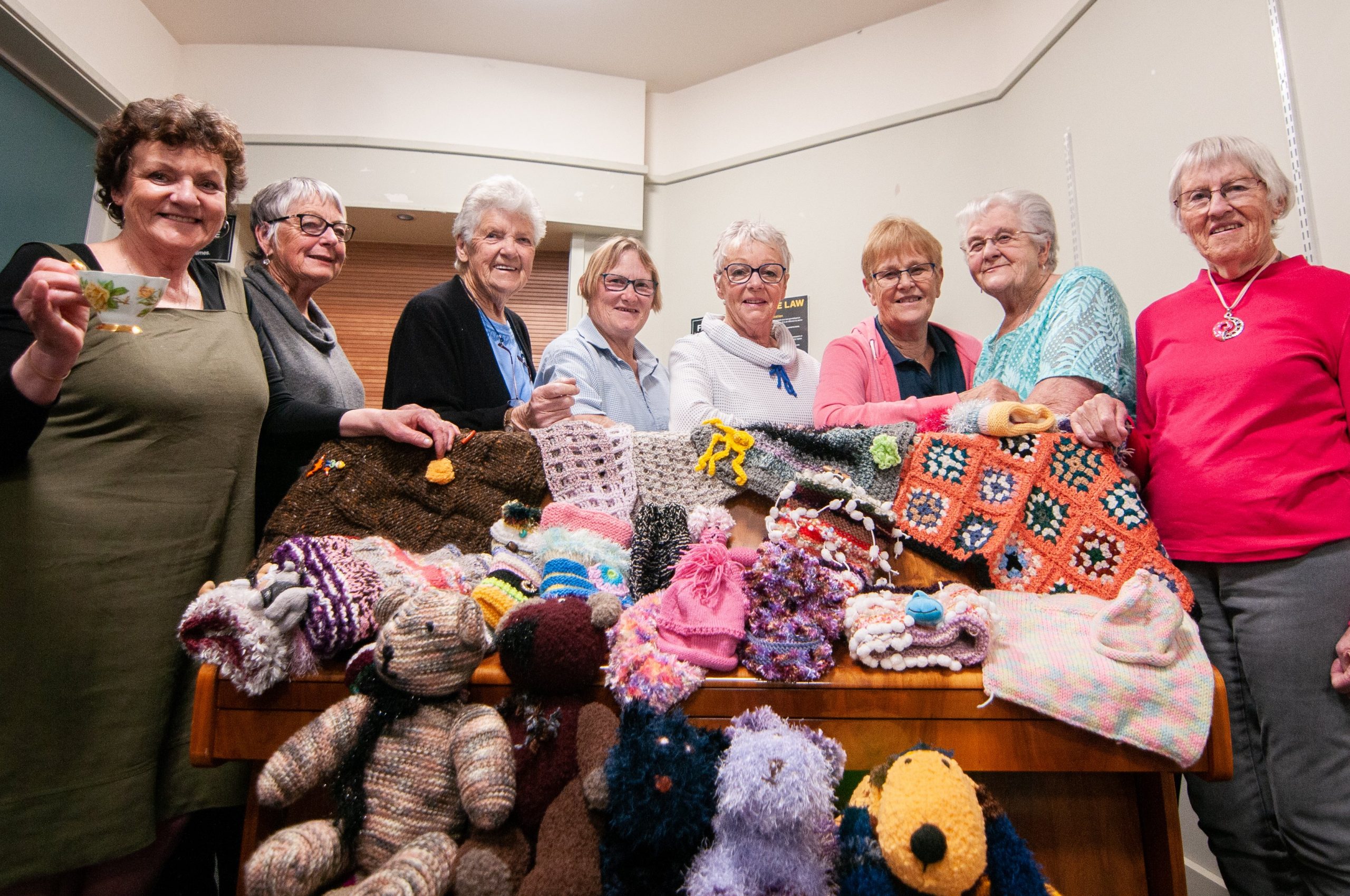September is Alzheimer’s Awareness Month. Dementia is one of New Zealand’s most significant and growing healthcare challenges. Almost 70,000 New Zealanders have dementia and that number is expected to almost triple by 2050. The most common form of dementia is Alzheimer’s disease. This month, Alzheimer’s Otago senior community educator Donna Watt is sharing recent findings with The News readers.
The University of Tasmania Understanding Dementia course is an important part of our training, and we recommend it to professional and family carers as well.
It is online, free and runs at least twice a year.
The course presents a new way of understanding the staging of dementia through the lens of dignity — for the person with dementia, and the carer.
At stage one, mild dementia, we offer dignity through autonomy — that is, supporting our friend or loved one to continue life as normally as possible.
Support can be largely invisible to the person with dementia. For example, the mate who offers a lift to bowls or the friends who include you in walks, rides and outings.
At stage two, moderate dementia, we offer dignity through safety. Now we keep an eye on things like food preparation and home heating.
For handymen, we regularly check safety around power tools. For keen walkers, we might look to support wayfinding with available devices.
At stage three, advanced dementia, our goal is dignity through comfort.
Here we focus on managing symptoms by tending to pain relief, providing tasty and nutritious food, ensuring the environment is warm and comfortable, and that they feel loved and cared for.
One symptom commonly experienced in the later stages is agitation.
Gentle reassurance through conversation and reminiscing can sometimes help, as can familiar music.
Hand›holding, or a gentle hand massage with hand lotion can be soothing.
Fiddle muffs, soft toys, dolls wrapped in soft swaddling can bring back old memories and provide great comfort.
The wonderful craftswomen at Alexandra Senior Citizens have been working their magic, and their beautiful, tactile creations will bring comfort to many in our local care facilities.





